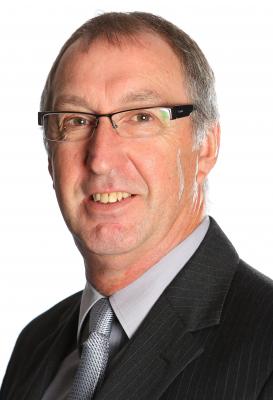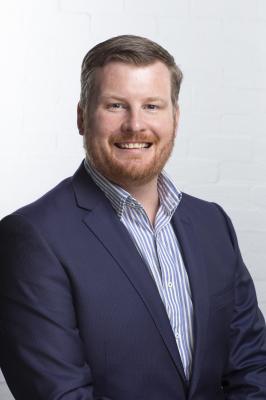Geelong’s harbour master Captain David Shennan has retired after decades on the high seas and working in the maritime industry.
Captain Shennan was just 17 when he “ran away to sea” to join the United Kingdom’s Ministry of Defence Royal Fleet Auxiliary in 1969.
He spent the next two decades as a sailor, visiting more than 60 countries.
Captain Shennan moved to Australia in 2008 and was appointed general manager of marine and navigation services and harbour master at the Port of Melbourne.
He worked there for four years, before taking up a similar position at Portland for another five.
In May 2019, he began as marine manager and harbour master at Geelong, Victoria’s second biggest port.
Captain Shennan said he was proud of his years with the Victorian Regional Channels Authority (VRCA) preventing shipping accidents.
“A shipping accident is a mariner’s worst nightmare,” he said.
“It’s in a sailor’s DNA to avoid damaging a ship, port infrastructure or injuring a maritime worker and, because of the size of commercial vessels and the huge costs involved, the implications of any incident are potentially massive.
“It’s essential to have someone overseeing all marine operations who is experienced enough to recognise when something is potentially dangerous and to fix it.
“I feel honoured to have played my part, but now it’s time to move on and I’m happy to hand over the baton.”
He has passed that baton to VCRA marine operations manager and former navy officer Nicholas Ellul, whose appointment the authority announced on Monday.
“Having known and worked with David for the past two years, I can only wish him the very best for the future,” Mr Ellul said.
VRCA chief executive Peter Mannion paid tribute to Captain Shennan for his service.
“David brought a wealth of experience – both as a seagoing officer and harbour master – to his role with the VRCA, and a tangible passion and commitment to the highest standards of safety for these hard-working and commercially-significant ports,” he said.








